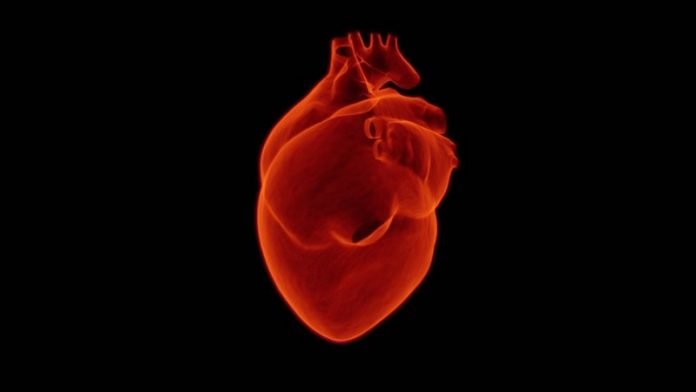
In a new study, researchers found that people with unhealthy heart structures and poorer functioning hearts have a much higher risk of being diagnosed with COVID-19 infection.
The research was conducted by a team at the Queen Mary University of London and elsewhere.
In the study, the team made use of the comprehensive and internationally unique UK Biobank database, which includes health and genetic information from over half a million participants from across the UK.
They checked records from 310 Biobank participants to see whether pre-existing features of the heart anatomy and function, as demonstrated on heart MRI scans, were linked to having a positive COVID-19 test result.
The findings demonstrate that people with pre-existing unhealthy heart structures and poorer heart function were more likely to test positive for COVID-19.
These relationships appeared important even after accounting for possible predisposing factors.
The team says that poorer heart structure and function are linked to a higher risk of subsequent COVID-19.
This is important because some studies have suggested that COVID-19 may cause structural damage to the heart.
However, these studies only use heart scans from people after infection, so they cannot be certain whether the poor heart structures pre-existed COVID-19.
This used imaging data obtained before COVID-19, and showed that many of these abnormalities likely pre-exist and predispose people to COVID-19, rather than occur as a result of infection.
This is a very important distinction for guiding our management of patients with COVID-19.
One author of the study is Dr. Zahra Raisi-Estabragh.
The study is published in Aging Clinical and Experimental Research.
Copyright © 2021 Knowridge Science Report. All rights reserved.



